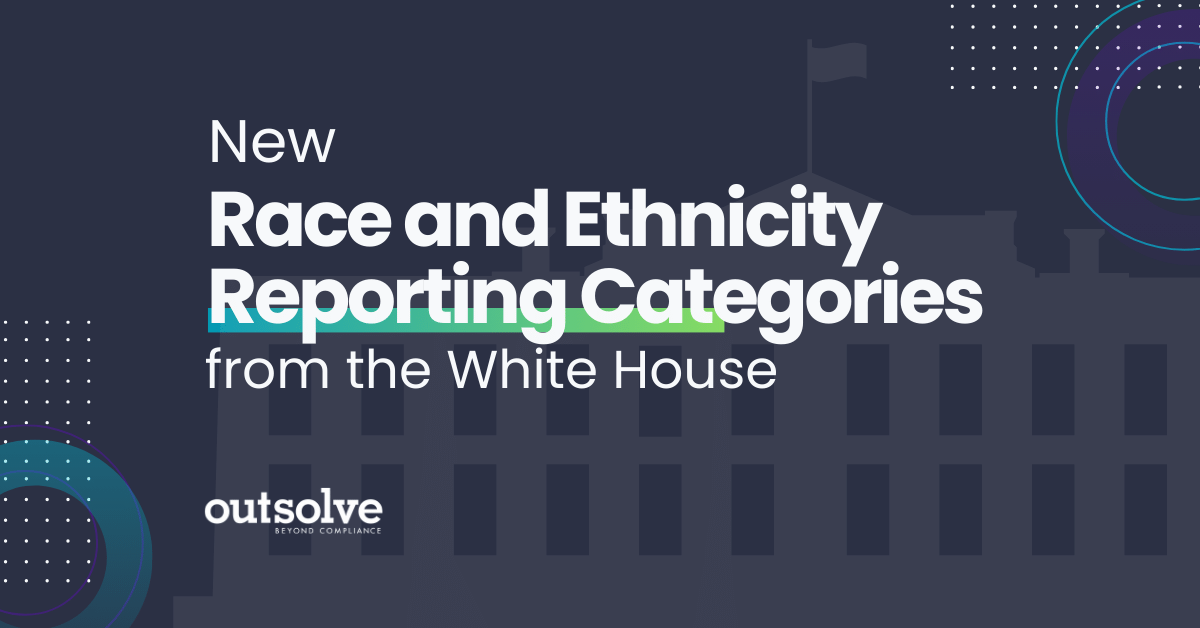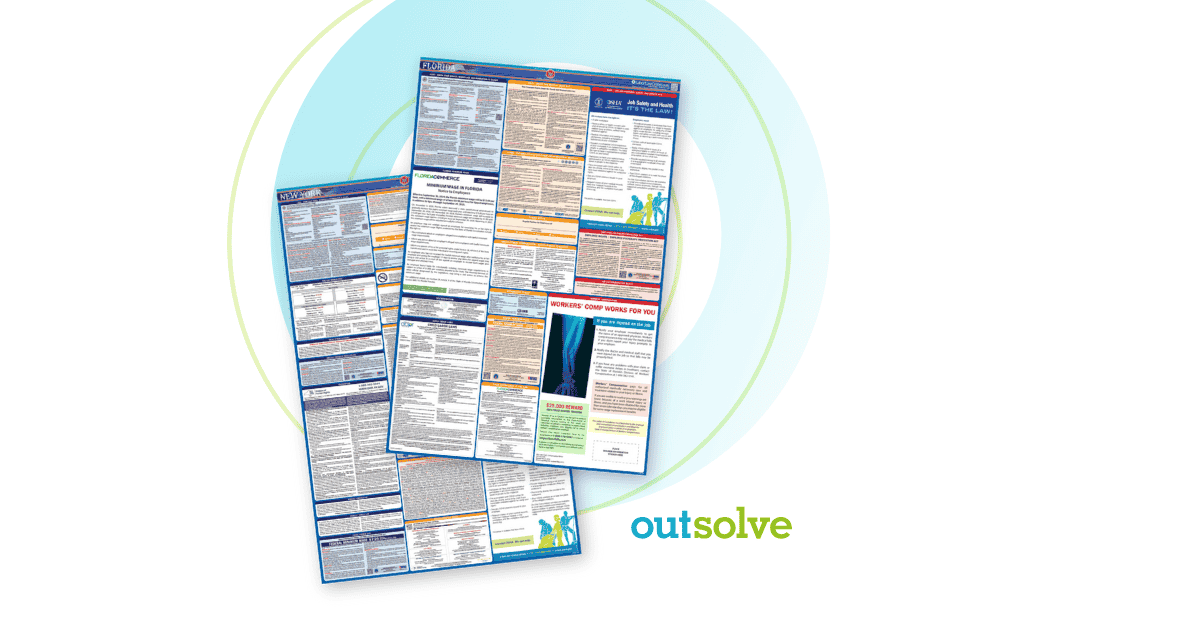1 min read
Preparing for the White House's New Race and Ethnicity Reporting Categories
 Debra Milstein Gardner
:
Apr 30, 2024 2:00:00 PM
Debra Milstein Gardner
:
Apr 30, 2024 2:00:00 PM

In a move toward greater inclusivity and accuracy, the White House recently unveiled revisions to a federal race and ethnicity reporting standards. These updates, outlined in Statistical Policy Directive No.15 (SPD 15) mark the first significant changes since 1997 and reflect a concerted effort to modernize data collection practices across federal agencies.
The key highlight of the revisions is the introduction of a combined race and ethnicity question, allowing respondents to select multiple categories with which they identify. This shift aims to capture the complexities of individual identity more accurately and comprehensively. Additionally, the inclusion of "Middle Eastern or North African" (MENA) as a distinct reporting category acknowledges and respects the diverse cultural backgrounds within these communities.Federal agencies now have eighteen months to submit an action plan for compliance and five years to bring all data collections and programs into alignment with the updated standards. These changes are not only significant for federal reporting but also have implications for employers across various sectors.
Moreover, these changes may influence contractors' diversity, equity, and inclusion (DEI) initiatives. By embracing the updated standards and adopting inclusive practices, contractors can contribute to fostering more equitable workplaces and meeting affirmative action obligations.

While the revisions represent a positive step toward more accurate and useful data collection, they also pose challenges. Employers may need to invest time and resources into understanding and implementing the new standards effectively.
For government contractors, compliance with these new standards will be crucial. As they are required to follow federal guidelines, contractors must ensure their data collection processes align with the revised SPD 15. This includes updating surveys, forms, and recordkeeping practices to reflect the new race and ethnicity categories. Additionally, ongoing guidance from relevant federal agencies, such as the Office of Federal Contract Compliance Programs (OFCCP) and the Equal Employment Opportunity Commission (EEOC), will be essential for ensuring compliance and addressing any uncertainties. OutSolve will keep you informed of any agency updates.
Debra Milstein Gardner has worked in the Equal Employment Opportunity (EEO) and Affirmative Action (AA) space for the past 43 years while working in the public and private sectors in various human resources compliance roles. She began her career working for the Equal Employment Opportunity Commission and then went to the Marriott Corporation for nine years working in EEO, Affirmative Action and field human resource roles. In 1990, Debra founded Workplace Dynamics LLC providing EEO, AA, and DEI consulting services to government contractors. In 2016, Debra sold the affirmative action portion of Workplace Dynamics to OutSolve LLC and works part-time as a Market Analyst. Debra is a sports fanatic, routing for the Baltimore Ravens and all Virginia Tech Hokie teams. She loves to hike and boat in her mountain and lake community of Lake Lure, NC.
Recent Posts
Related Posts

Former DOL Officials Issue Open Letter to Federal Contractors
On April 15, 2025, ten former senior officials from the U.S. Department of Labor (DOL), including past leaders of the Office of Federal Contract...

The Ultimate Guide to Multi-State Labor Law Posters
Human Resources professionals understand how important and challenging it can be to remain updated and compliant with labor laws. This is especially...

Countdown: Final Days of the 90-Day Safe Harbor Period for AAPs
April is here and with that comes the end of the 90-day safe harbor period for federal contractors complying with EO 11246. As April 21, 2025,...


